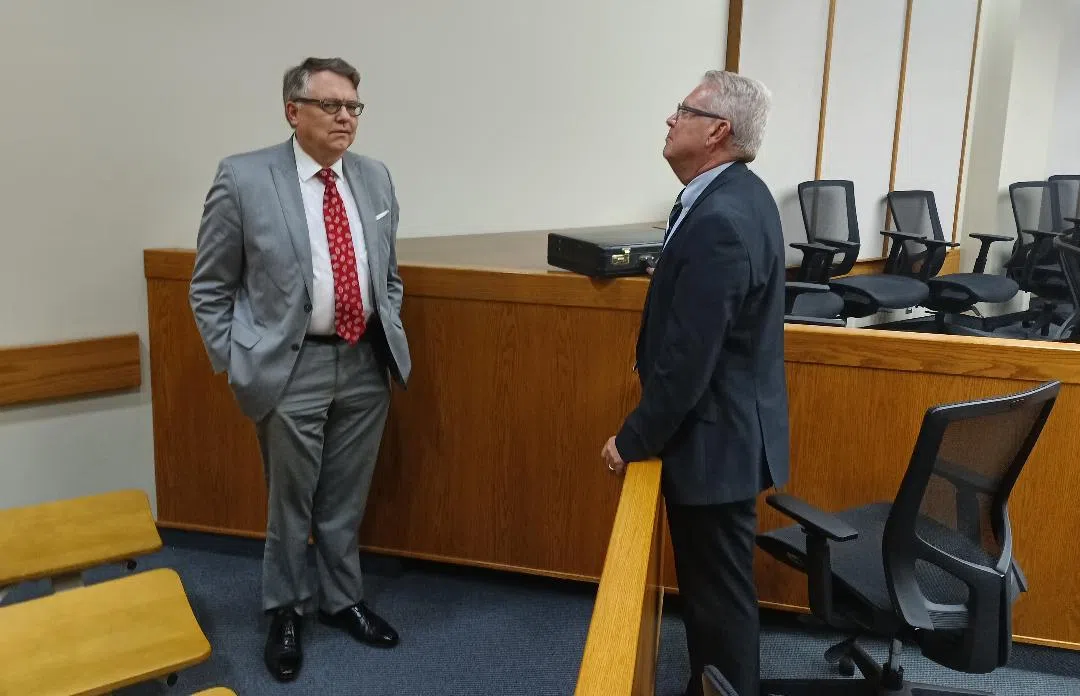In the case of Siracuse versus Dullard, Associate Circuit Court Judge Scott Kording ruled in favor of Respondent Patrick Dullard in a Zoom hearing held on Tuesday afternoon. In doing so the court agreed with the lower tribunal of law which in this case was the Normal Election Board. That board ruled that Normal is a town and residents of a town have no legal basis to petition for an amendment of this type to be put on a ballot. Kording agreed.
David Shestokas, the attorney for the petitioner, Kathy Siracuse argued that Normal operated as a village and because it operates that way it is not legally a town but is legally a Village.
Kording based his decision on the fact that in 1867 the legislature passed, “An Act to Incorporate the Town of Normal. Kording took the time to not only consider the act as presented on Normal’s website but also verified its correctness by finding an 1867 text that included a copy of the act.
Kording said he appreciated the argument made by Shestokas that Normal acted like a village but that the argument did not “carry the day.” Instead Kording agreed with Todd Greenburg, attorney for Dullard that Normal has taken no legal action to change its legal status and therefore remains legally a town.
Shestokas had based his argument that the Town of Normal was a village on a number of events. One argument was with regard to a 1967 state law that allowed villages to adopt a City Manager form of government. Normal did that in 1970.
However, Normal only did that after losing a case very similar to the one heard on Tuesday. The 1970 case was decided in favor of the petitioners when the court ruled they could petition the town to have questions put on the ballot. But the judge in that case did not rule Normal was a village.
Instead, according to a Pantagraph article, on January 30, 1970, Associate Judge Wayne C. Townley ruled that “to deny Normal the right to such an election would be unconstitutional when other municipalities generally are granted that privilege by statute.”
Judge Kording found the two cases distinguishable. That is he does not believe the 1970 case has a bearing on this 2022 case.
However, previous to making that statement Kording presented his opinion that while it may seem unfair that resident’s of towns can not petition to put the subject question on the ballot, there may have been good reasons the legislature did this. He also pointed out that based on his interpretation of the law residents of cities would not be able to have this question put on the ballot either.
Kording also considered that even though some may argue there may have been an oversight in leaving towns out of the applicable statute he does not belief this to be the case. According to his review of the law it appears the legislature is quite clear in its handling of the terms city, town and village. In fact he stated the legislature appears to be adept at it.
Considering the legislature appeared to allow villages only to petition in cases like this and intentionally excluded both cities and towns Kording does not believe there is a constitutional violation.
Shesokas also argued that 1985 legislation requires town’s to to elect certain officers that the Town of Normal does not have.
Kording admitted this was the petitioner’s best argument. However, in the end he decided that because the town hadn’t taken direct steps to change from a town to a village that even failing to abide by that law would not result in Normal being a village.
Kording did not rule on the 1985 issue itself because the Town of Normal wasn’t part of the case and was therefore not able to provide their input on that matter. Therefore that subject remains unsettled.











